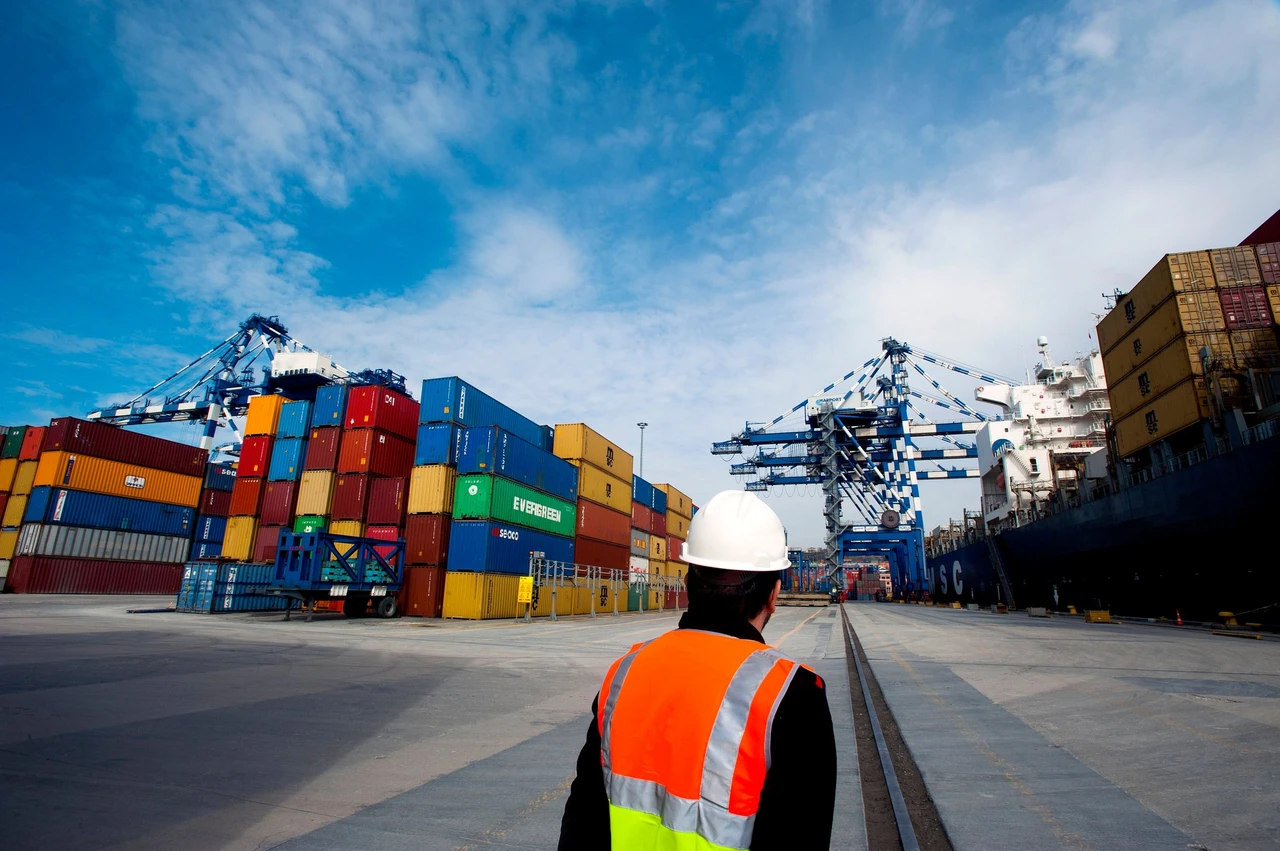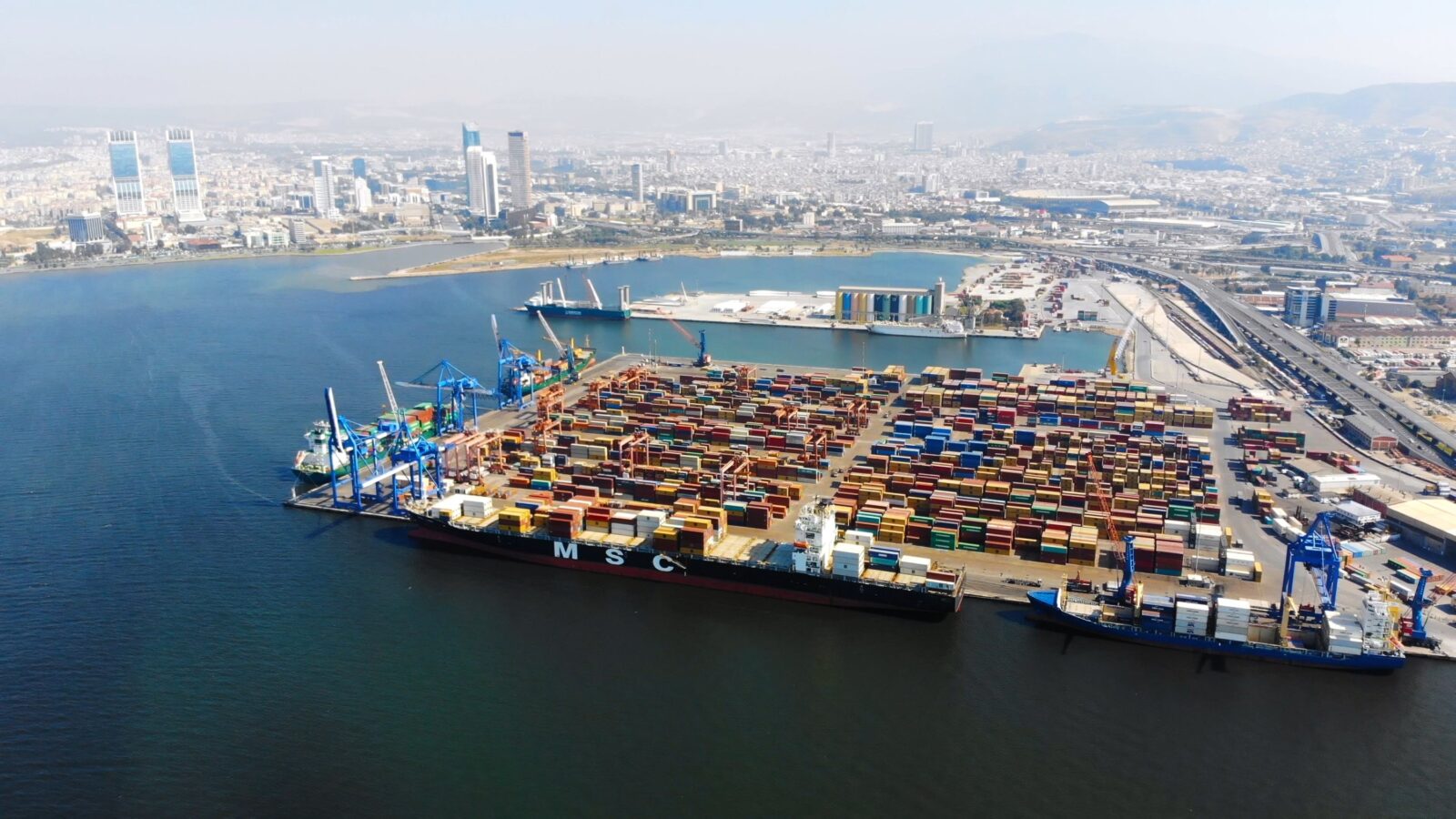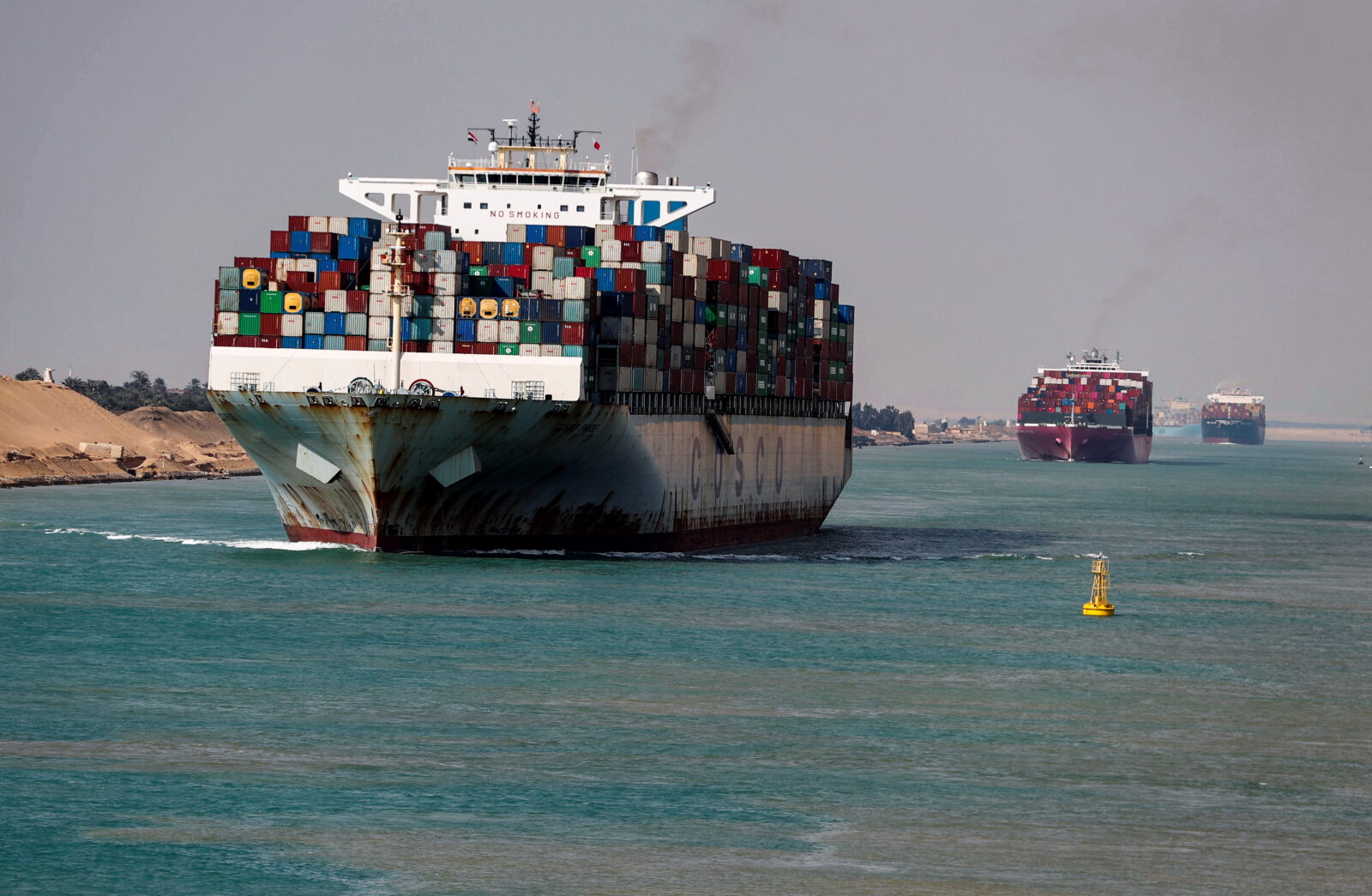Turkish exporters on edge as rising labor costs threaten competitiveness
 Shipping containers seen in Ambarli Port, a major export / import hub in European side of Istanbul, March 5, 2015. (IHA Photo)
Shipping containers seen in Ambarli Port, a major export / import hub in European side of Istanbul, March 5, 2015. (IHA Photo)
The economic downturn in Türkiye is also affecting Turkish exporters. Exporters are struggling with lost competitive advantage because of high input and labor costs – which has raised significant concerns within the industry.
Turkish exporters are reportedly facing increasing difficulties in securing orders and producing and selling goods, reflecting broader economic challenges.
Speaking to Turkish media outlet Dunya, Dr. Hakan Cinar, the President of the Türkiye-based Association of Foreign Trade Leaders (DISYONDER), warned that exporters are facing serious risks because of these elevated costs.
Cinar emphasized the loss of competitive advantage because of high labor and input costs is a critical issue.
To address this problem and prevent it from worsening, Cinar recommended that all exporting firms should be allowed to take advantage of free zone benefits for a defined period.

Warnings from Turkish exporters association
- High costs: Cinar highlighted that elevated labor and input costs are causing severe risks for exporters. The cost of a minimum wage employee, including social benefits, has surged to ₺31,000 ($960), a 67% increase in dollar terms since 2021.
- Comparative disadvantage: Turkish labor costs are 2-3 times higher than those of Asian competitors.
What’s more: Imported raw materials and semi-finished goods are significantly more expensive because of high customs duties, reference prices and anti-dumping measures.
This situation exacerbates Türkiye’s price disadvantage, making production costs substantially higher compared to Asian suppliers.
Proposed solutions for labor costs
- Free zone benefits: Cinar recommended that all exporting firms be allowed to benefit from free zone advantages for a defined period to mitigate the impact of high costs.
- Policy changes: He suggested replacing customs duties and VAT on imported inputs with a direct guarantee system and discontinuing Corporate Tax and SGK premiums.

‘We’re more expensive than EU countries’
Additionally, Mustafa Gultepe, President of the Turkish Exporters Assembly (TIM), has previously highlighted similar issues faced by Turkish exporters.
He noted that the expected proportional growth in exports has not materialized over the last 1.5 years.
We want all sectors to show growth. Unfortunately, Türkiye is significantly more expensive compared to its competitors, at least 40% more in dollar terms.
Mustafa Gultepe
“Previously, the price difference was a maximum of 20%. We are now 15-20% more expensive than European countries. The situation is becoming increasingly difficult,” he added, indicating the challenges faced in securing orders, producing and selling goods.



